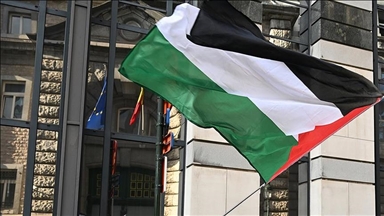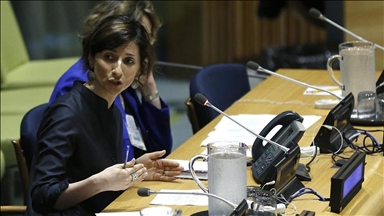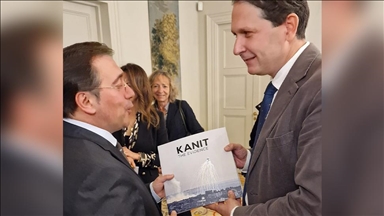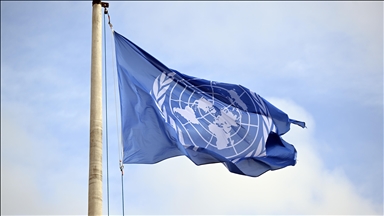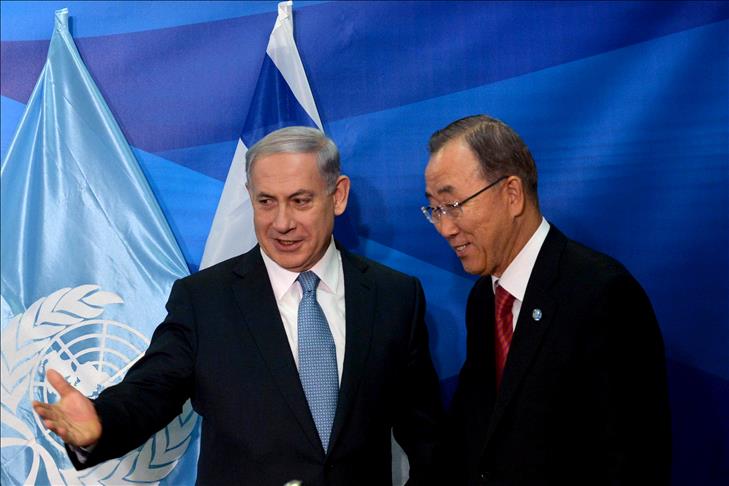
By Mustafa Caglayan
NEW YORK
The recent "momentum" in the West in favor of recognizing Palestine as a state will grow further, the UN Secretary-General said Monday.
Ban Ki-moon's remarks came at a General Assembly meeting in observance of the International Day of Solidarity with the Palestinian People.
"We, as the international community, must assume responsibility for what is a collective failure to advance a political solution for the Israeli-Palestinian conflict," he said, referring to the U.S.-brokered direct Palestinian-Israeli talks that came to a halt in April.
He said governments and parliaments have recently taken action to address this failure, and "that momentum will grow."
The British House of Commons last month voted in favor of recognizing Palestine as a state "as a contribution to securing a negotiated two-state solution."
Sweden's left-wing government went further and formally recognized the state of Palestine, prompting Israel to recall its ambassador to Stockholm.
A non-binding resolution was unanimously endorsed Nov. 19 by Spain's parliament urging Madrid to recognize the state of Palestine. And the French National Assembly will vote on Nov. 28 on a similar resolution to recognize Palestine.
Ban also expressed fears that "with each passing day the people of the region are losing any sense of connection, any sense of empathy, any sense of mutual understanding" of a common future.
He urged the parties to "step back from the brink and find the path of peace before hope and time run out."
In late 2012, Palestine was granted non-member observer status at the United Nations.
The roots of the Israel-Palestine conflict date back to 1917, when the British government, in the now-famous "Balfour Declaration," called for "the establishment in Palestine of a national home for the Jewish people."
Israel occupied East Jerusalem and the West Bank during the 1967 Middle East War. It later annexed the holy city in 1980, claiming it as the capital of the self-proclaimed Jewish state – a move never recognized by the international community.
Palestinians, for their part, continue to demand the establishment of an independent state in the Gaza Strip and West Bank, with East Jerusalem as its capital.
Anadolu Agency website contains only a portion of the news stories offered to subscribers in the AA News Broadcasting System (HAS), and in summarized form. Please contact us for subscription options.


